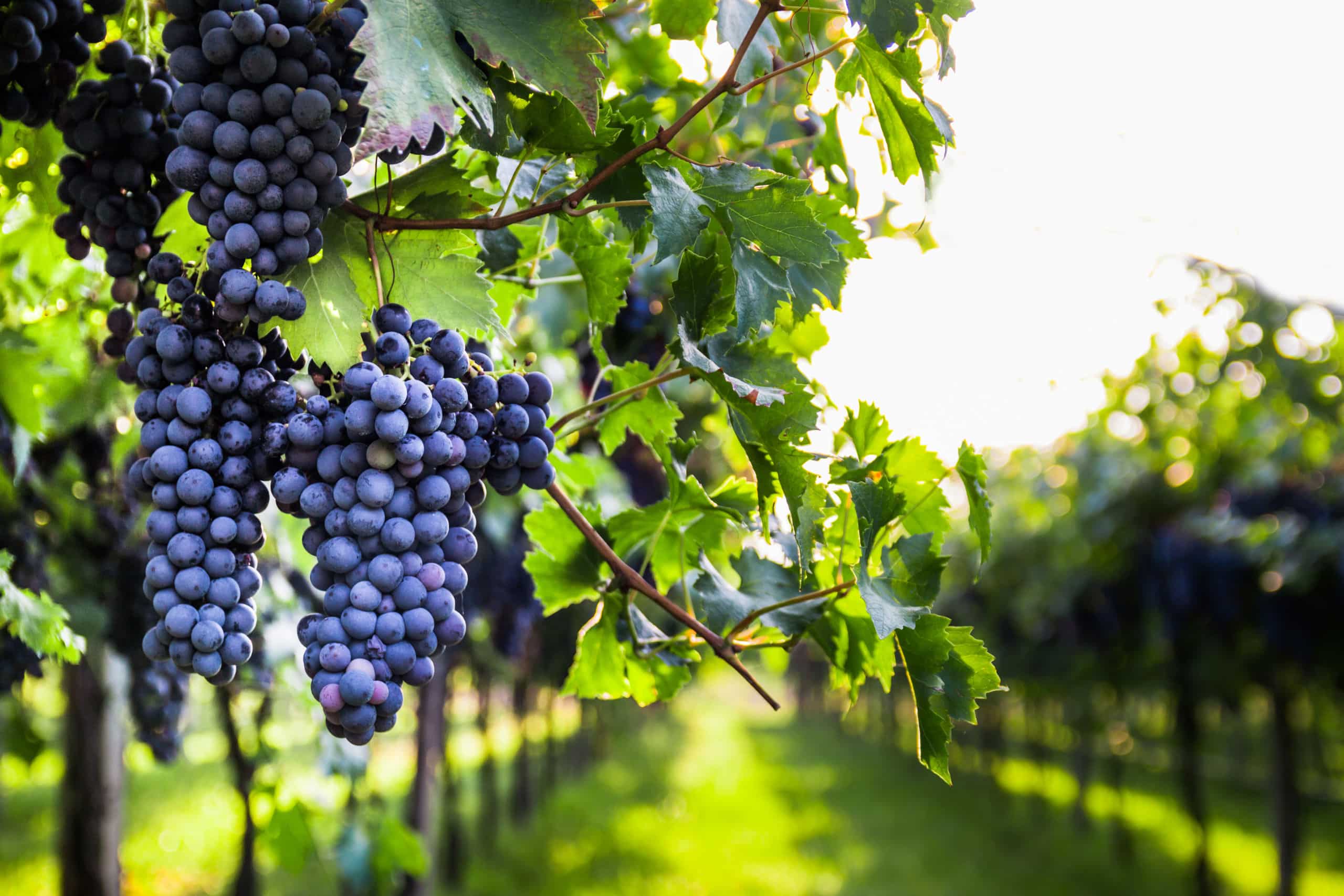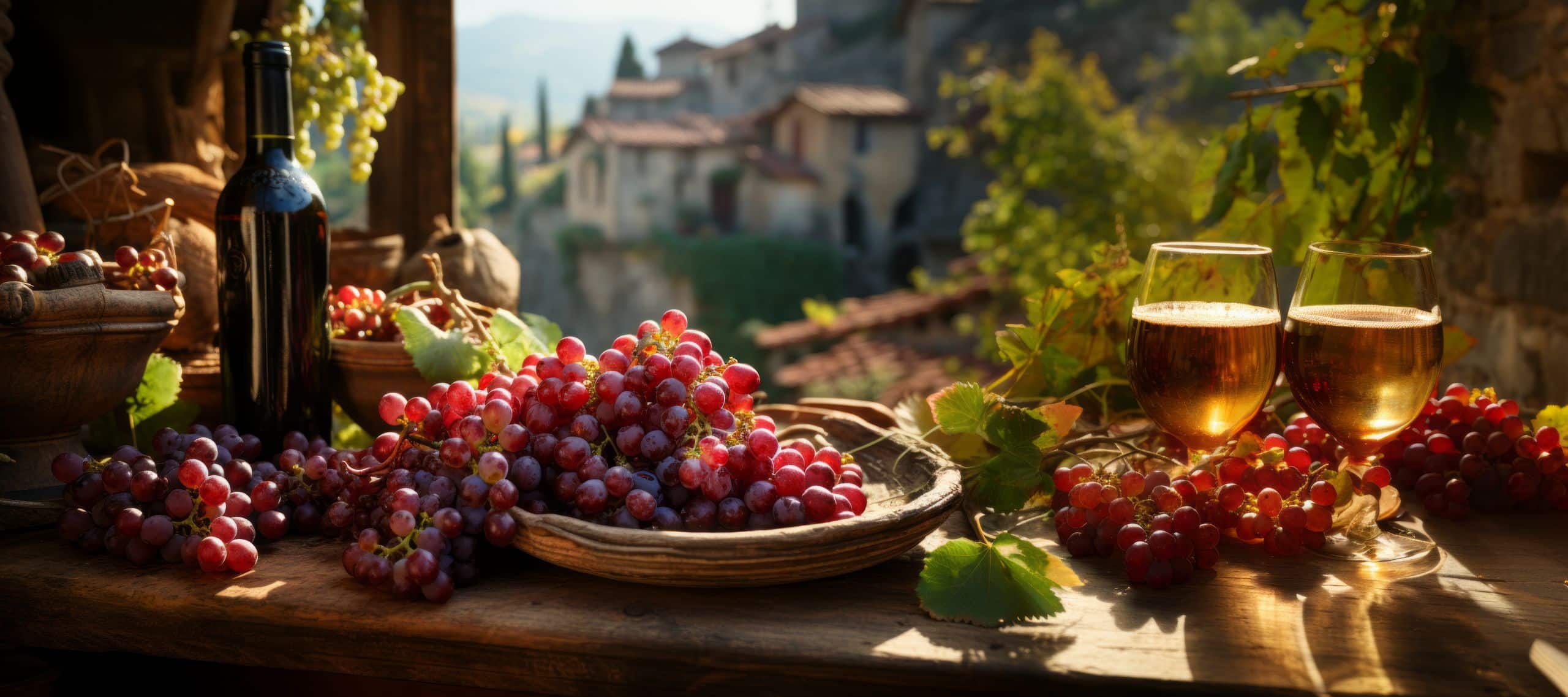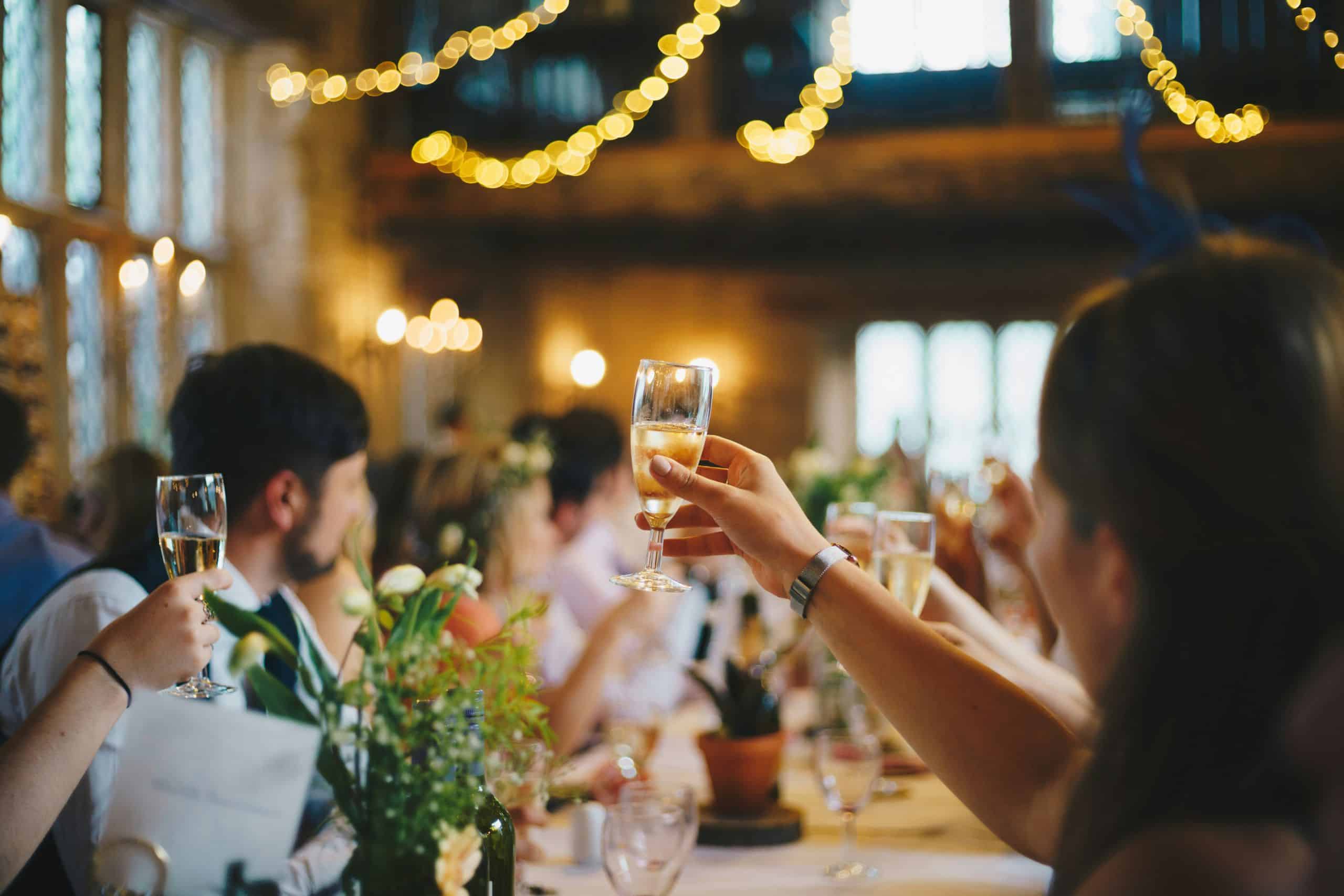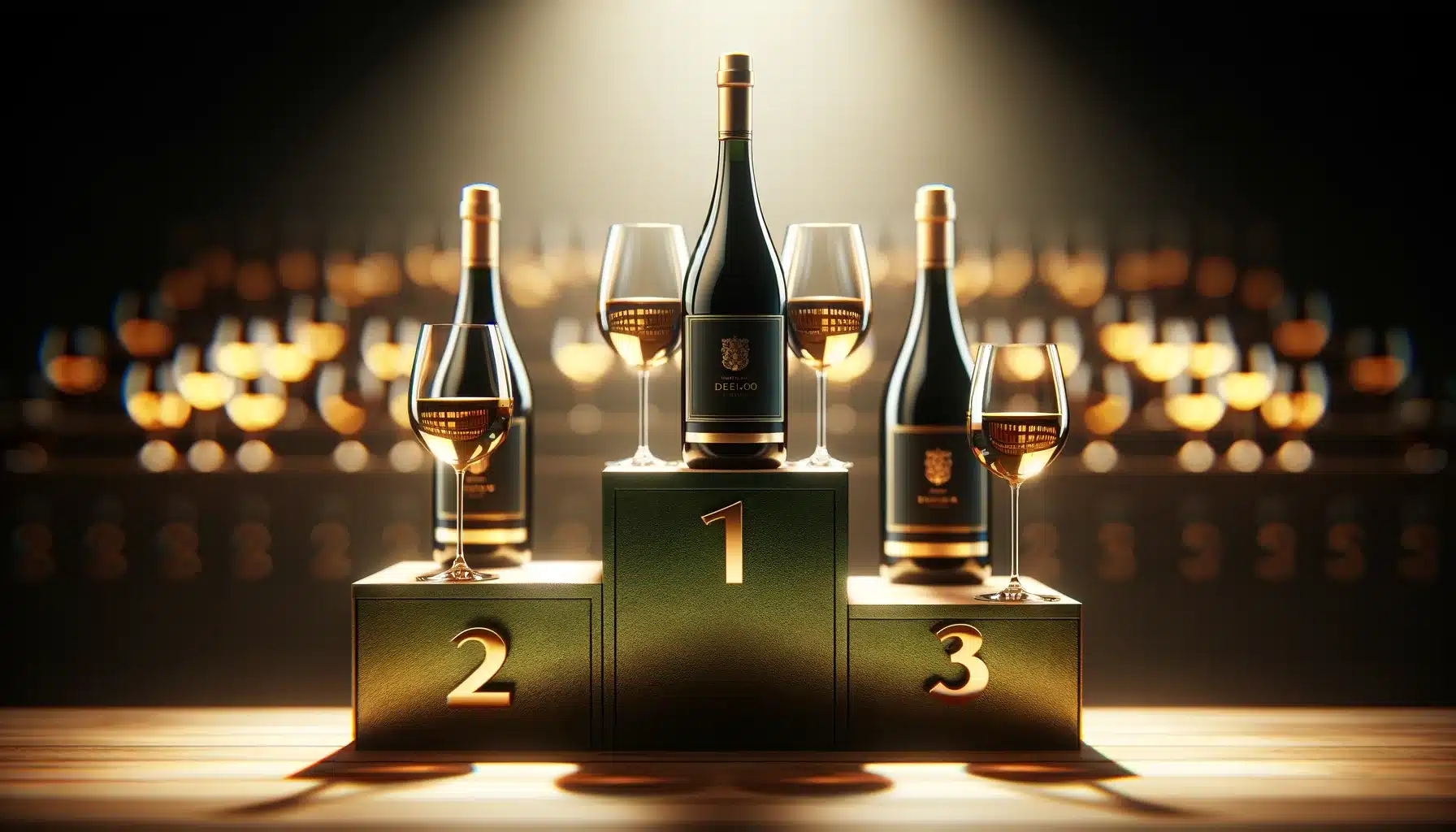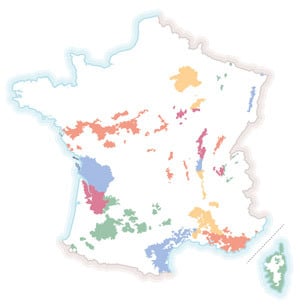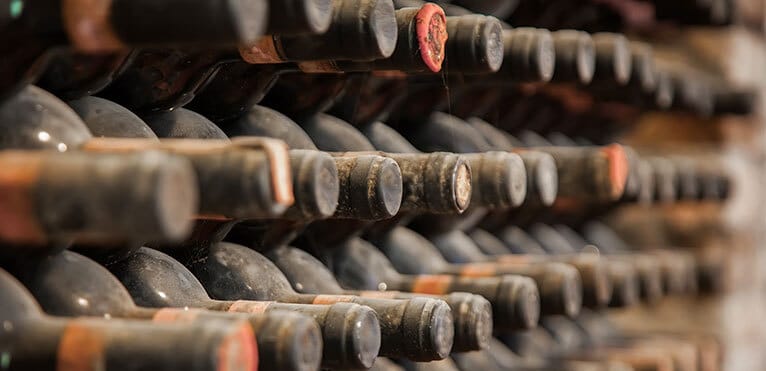
Contents
Expired wine?
Wine is often said to improve with age. This is true for some wines, but not for all, which is what makes them so complex. You can’t read an expiration date on a bottle, and you’ve probably never heard a wine described as “out of date”, but rather as “maderized” or “too old”. Like everyday foods, does wine have a use-by date?
Ageing wines
Wine doesn’t have an expiration date, it has its own specific ageing time. Some wines are not designed for ageing and can be enjoyed young. Furthermore, wines for laying down are those that reveal their full taste potential several years after bottling. But it’s not enough to buy a bottle at random and leave it to age in a cellar – it’s a real science. You need to take into account the grape variety, the vintage, the region of origin and the conditions under which the wine was aged. In which case, you may end up with a wine with a strange, altered taste, depending on the quality of the wine and/or the way it is stored.
Each wine has its own ageing time
For red wines, grape varieties rich in tannins and polyphenols are likely to produce wines that can be kept longer than those with less tannin and polyphenol content. For white wines, it’s the acidity and richness of the grape variety that come into play. Sweet wines will also keep longer.
Most rosés are best enjoyed young.
Alsace wines can be enjoyed young after 1 to 4 years .
Red Bordeaux wines can be stored for 1 to 3 years, while Grand Cru wines can be stored for 10 to 20 years. White Bordeaux wines can be enjoyed within 2 years.
Burgundy reds can be kept for between 5 and 10 years. White Burgundies should be enjoyed young, after 2 years’ cellaring. Chablis, Meursault and Pouilly Fuissé can be aged for up to 7 years.
Corsican wines need to be kept for only a few years, 3 years at most.
Red Côtes-du-Rhône can be kept for at least 5 years. Smaller whites, rosés and reds can be drunk after 2 years.
Most Loire wines can be kept for no more than 2 years.
Jura wines can be aged for up to 8 years. Among other things, vin jaune du Jura can be kept for a very long time.
Languedoc and Provence wines will keep for 2 to 3 years.
These are, of course, only generalities, and there are many exceptions for each region!
The importance of conservation
Beyond the recommended ageing period, the wine risks losing its qualities.
It is also known as maderized wine. A maderized wine is one that has undergone a process of oxidation due to excessive contact with air. Its color and aromas will then change. This is the result of over-preservation or an unfortunate accident: the cork loses its elasticity and is less able to filter the air that comes into contact with the wine.
Last but not least, to store a wine properly, in addition to knowing its specific characteristics, it’s advisable to place it in a dark, damp cellar and lay the bottles down so that the wine remains in contact with the cork.
